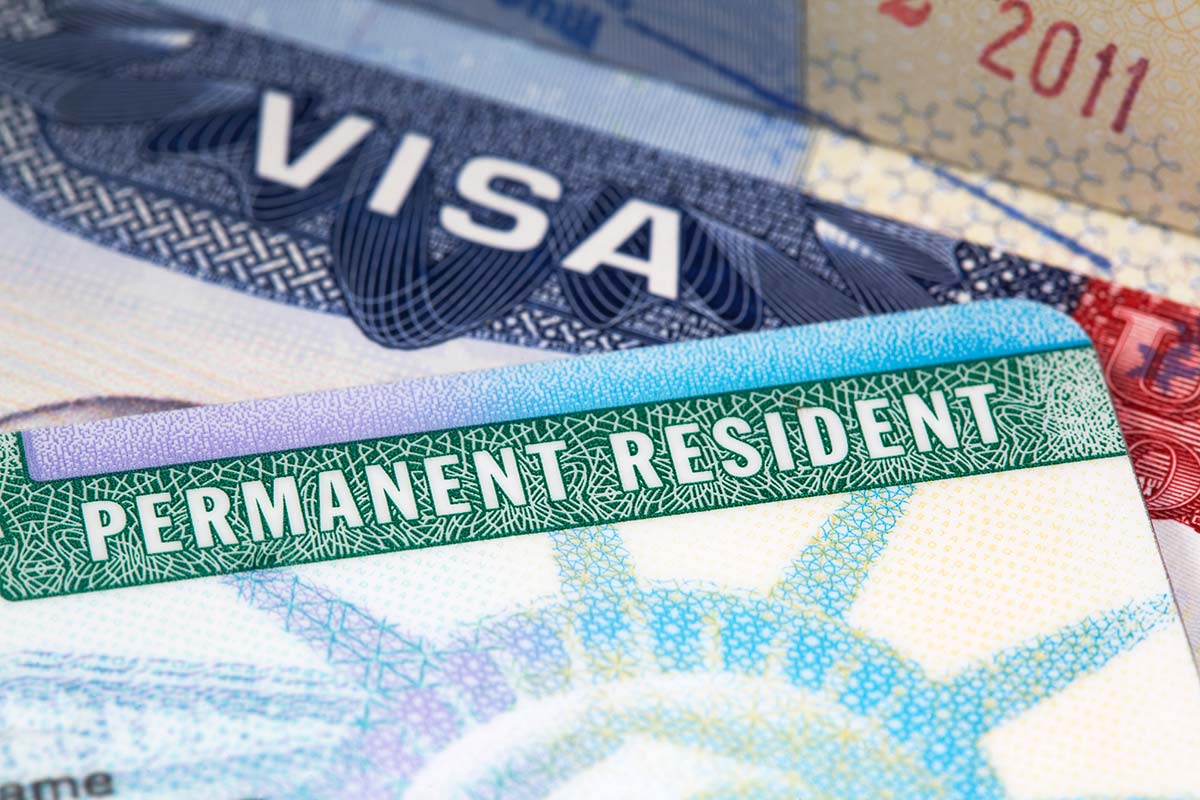I.N.A. § 245 allows some foreign nationals physically present in the U.S. to adjust their immigration status to legal permanent resident or green cardholder. The advantage of adjusting status is that this process allows you to remain in the U.S. without returning to your home country and going through a U.S. consulate overseas. However, certain situations act as bars to adjustment of status or reasons to exclude the individuals from the adjustment of status process. If these bars exist, the applicants are disqualified from adjusting their status to legal permanent resident.
Unlawful Immigration Status
One of the most typical bars to adjustment of status is if the foreign national is in an unlawful immigration status as of the date of their application for adjustment of status. You have a lawful immigration status if you have valid legal authority to be in the U.S., such as an unexpired visa, parole, or deferred action. However, if you previously were granted an immigration benefit, such as a visa, and it is now expired or revoked, you are in an unlawful immigration status. If you have no lawful immigration status, you do not qualify to adjust your status to a permanent legal resident.
Failure to Maintain Lawful Immigration Status
If you have ever failed to maintain a lawful immigration since entering the U.S., you also are ineligible to adjust to the status of a legal permanent resident. Not only does this bar apply to your current stay in the U.S., but it also applies to any previous trips that you made to the U.S. For example, suppose you previously entered the U.S. on a valid visa, but you overstayed your visa by failing to leave on the date specified on your visa.�? In this case, you cannot adjust your status because you previously failed to maintain your lawful immigration status.
Unauthorized Employment
Foreign nationals typically cannot work while in the U.S. unless they have permission from USCIS in the form of an employment authorization document. If they work without this authorization, they are engaging in unauthorized employment. However, they also may engage in unauthorized employment if they work in any way that exceeds the scope or the authorized period of their employment authorization. Therefore, although there are a few exceptions, you generally are barred from adjusting status to a legal permanent resident if you ever have engaged in unauthorized employment in the U.S. at any point before or after you filed an application for adjustment.
Exceptions to Bars to Adjustment of Status
The I.N.A. carves out exceptions to the general bars to adjustment of status for some categories of individuals. Typically, the bars to adjustment of status do not apply to:
- Immediate Relatives
- Qualified applicants under the Violence Against Women Act (VAWA)
- Some foreign doctors and their immediate families
- Some G-4 and NATO-6 employees and immediate family members
- Special immigrant juveniles
- Some members of the U.S. armed forces and their immediate families
- Some exempt employment-based applicants
Let LBE Law Firm Assist You with Your Legal Matter
We can assist you with all types of family and employment-based immigration matters. LBE Law Firm also provides comprehensive legal representation for individuals concerning general legal matters, including wills and estates, bankruptcy, family law, and contracts. You can phone us at 1-424-LBE-LAW4 (1-424-523-5294) (call, text, or WhatsApp) or send us an email at info@lbelawfirm.com. Contact us today and learn about how we can help.


